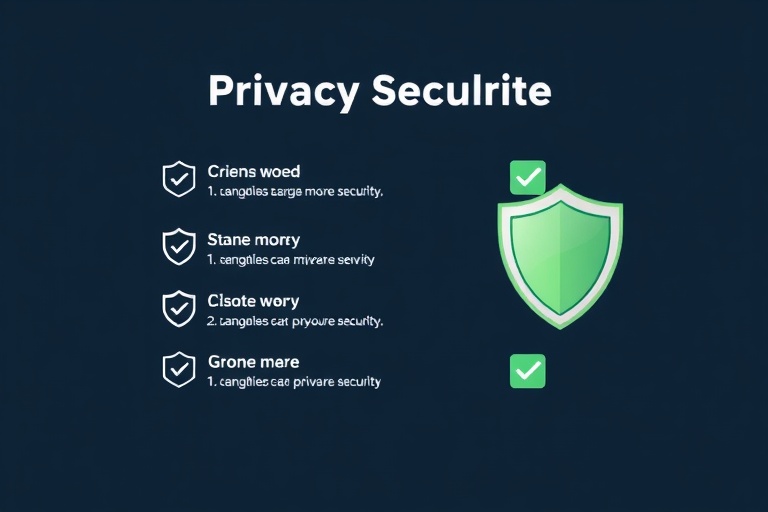Online privacy has become one of the biggest concerns of the digital era. In 2025, as data breaches, surveillance systems, and tracking tools grow more advanced, protecting your online presence is no longer optional—it’s essential.
Here are 10 simple and effective steps you can take to stay safer and more anonymous on the internet.
1. Use a privacy-focused browser
Replace mainstream browsers like Chrome with privacy-respecting alternatives such as Brave, Firefox (with privacy extensions), or Tor. These browsers block trackers by default and give you more control over your personal data.
2. Always browse in incognito or private mode
Private mode prevents your browser from saving history, cookies, and other temporary files. It’s especially useful when using shared devices or researching sensitive topics.
3. Enable two-factor authentication
Two-factor authentication (2FA) adds an extra layer of security. Even if your password is compromised, a second login code via SMS or an authenticator app will keep your account protected.
4. Avoid public Wi-Fi or use a VPN
Public Wi-Fi networks are convenient but often unsafe. Hackers can easily intercept your data on unsecured hotspots. If you must use public Wi-Fi, connect through a reliable VPN to encrypt your traffic.
5. Use strong and unique passwords
Never reuse passwords across accounts. Use a password manager like Bitwarden, 1Password, or LastPass to generate and store complex passwords for each service you use.
6. Disable location sharing
Many apps and websites track your physical location, even when it’s not necessary. Disable location permissions for apps that don’t need them and check your browser’s location settings regularly.
7. Review app permissions
Apps often request access to your camera, microphone, contacts, and more. Regularly audit your settings and remove unnecessary permissions to limit exposure.
8. Use encrypted messaging apps
Replace SMS and standard messaging platforms with secure alternatives like Signal, Telegram, or WhatsApp with end-to-end encryption enabled. These tools prevent third parties from accessing your conversations.
9. Limit what you share on social media
Oversharing personal information online makes you more vulnerable to tracking, scams, or social engineering. Avoid posting real-time locations, daily routines, and sensitive personal details.
10. Stay informed about privacy threats
The digital landscape evolves quickly. Stay updated by following trusted sources like EFF, PrivacyTools, or Mozilla. Awareness is one of the most effective tools for long-term digital security.
Your privacy is your responsibility. These 10 simple tips require no technical expertise—just awareness and consistency. By gradually adopting better habits, you take control of your digital life.
To better understand how your data is being tracked online, read our article on what data trackers know about you—and how to stop them




